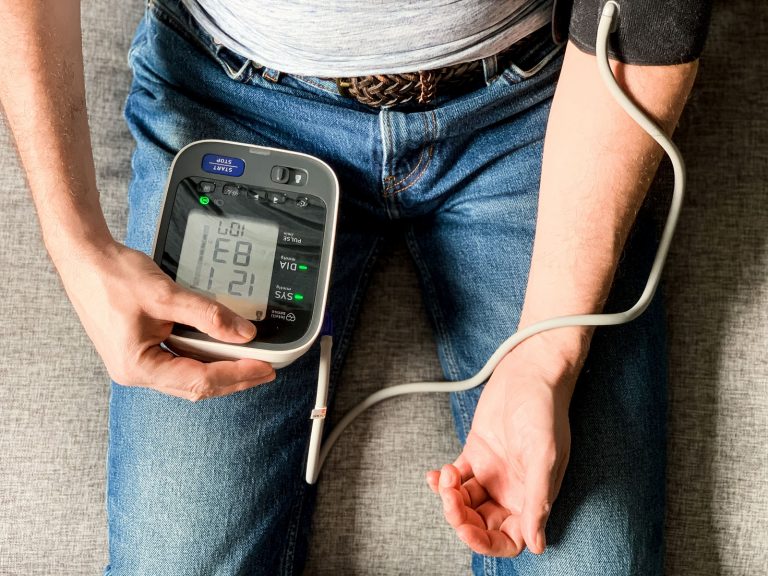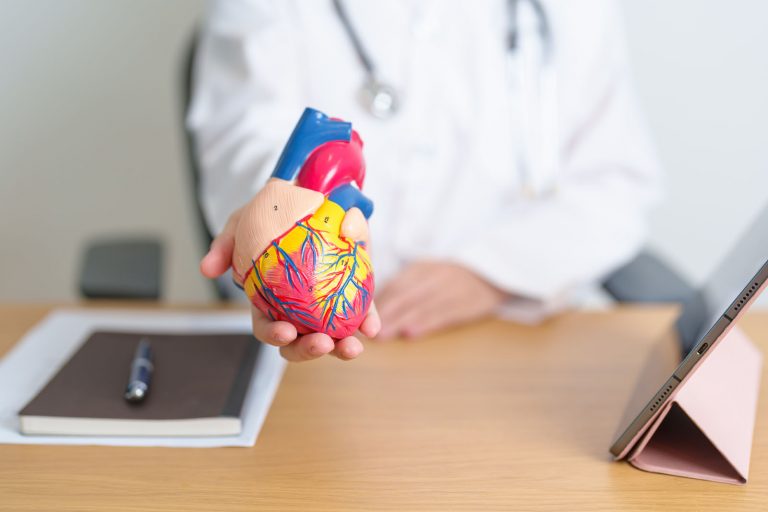Discover evidence-based herbs and nutrients which can lower blood sugar levels naturally. Improve your health and enhance weight loss with our guide on reducing blood sugar.
Men's Health: Herbs to Lower Blood Sugar Levels
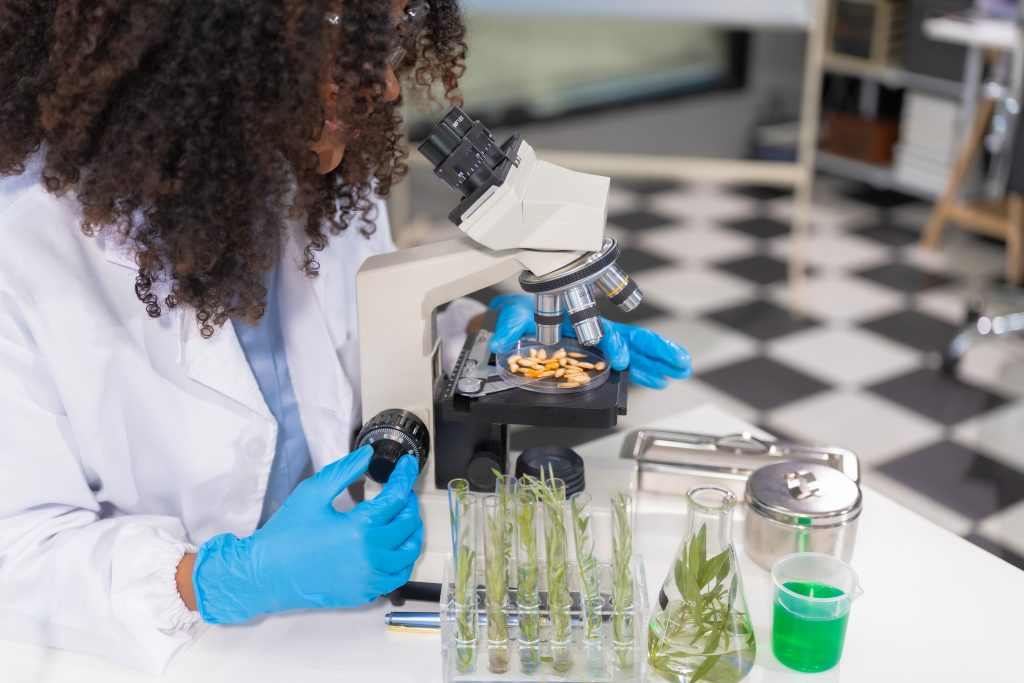
Key Highlights
- Men face unique risks for blood sugar imbalances, including developing type 2 diabetes at a lower weight than women.
- High blood sugar can lead to serious health issues such as heart disease, nerve damage, kidney disease, and Alzheimer's (often referred to as 'Type 3 Diabetes'). List Item
- Herbs can support glucose control in different ways, including improving insulin sensitivity, reducing sugar absorption, and regenerating pancreatic cells.
- Professional guidance is key—herbal remedies can be powerful but should be used under expert supervision, especially when combined with medications
Introduction
Did you know that men are more likely to develop type 2 diabetes at a lower weight than women? Blood sugar imbalances aren’t just about weight- they increase your risk of cardiovascular disease, Alzheimer’s disease, nerve damage, kidney disease, and even erectile dysfunction.
The good news? You can take control. Beyond diet and lifestyle changes, certain herbs have been shown to help regulate blood sugar levels naturally. These phytochemicals support insulin function, enhance glucose uptake, and even regenerate pancreatic cells. In this article, we’ll explore some of the most effective herbs for managing blood sugar in men- and how they fit into a functional medicine approach to metabolic health.
Understanding Blood Sugar Imbalances in Men
Blood sugar imbalances occur when the body struggles to regulate glucose levels effectively. Insulin, a hormone produced by the pancreas, plays a crucial role in this process. When blood sugar rises after eating, insulin levels rise. Insulin enables cells to take in glucose, which reduces the level of sugar in the blood. However, this balance can be upset in conditions like insulin resistance (where cells don’t respond well to insulin), or in cases where not enough insulin is produced by the pancreas (insulin insufficiency). Both of these issues lead to elevated levels of blood glucose.
Different Types of Blood Sugar Disorders
As mentioned above, it’s not just a matter of “high blood sugar levels’’. There are several types of blood sugar problems that can affect men’s health, and multiple causes- all which require different management.
Pre-diabetes shows consistently higher-than-normal blood sugar levels, and this tells us that the normal glucose management pathways are failing. This can lead to type 2 diabetes if changes are not implemented.
Type 2 diabetes occurs when the body cannot regulate its glucose levels anymore, and fasting blood glucose levels remain above ≥7.0 mmol/L. This could be because the pancreas is failing to produce enough insulin (also known as insulin insufficiency), or the cells not longer respond to the signal from insulin to bring sugar inside the cell. This is known as insulin resistance. Both scenarios result in elevated blood sugar levels. In Australia, men are 1.3 times more likely to have type 2 diabetes than women. Type 1 diabetes is also more common in men. Type 1 diabetes is an autoimmune disease where the body attacks the cells in the pancreas that make insulin, leading to insulin insufficiency and high blood sugar or hyperglycaemia.
Alzheimer’s disease is now commonly known as type 3 diabetes, due to its strong correlation to elevated blood sugar.
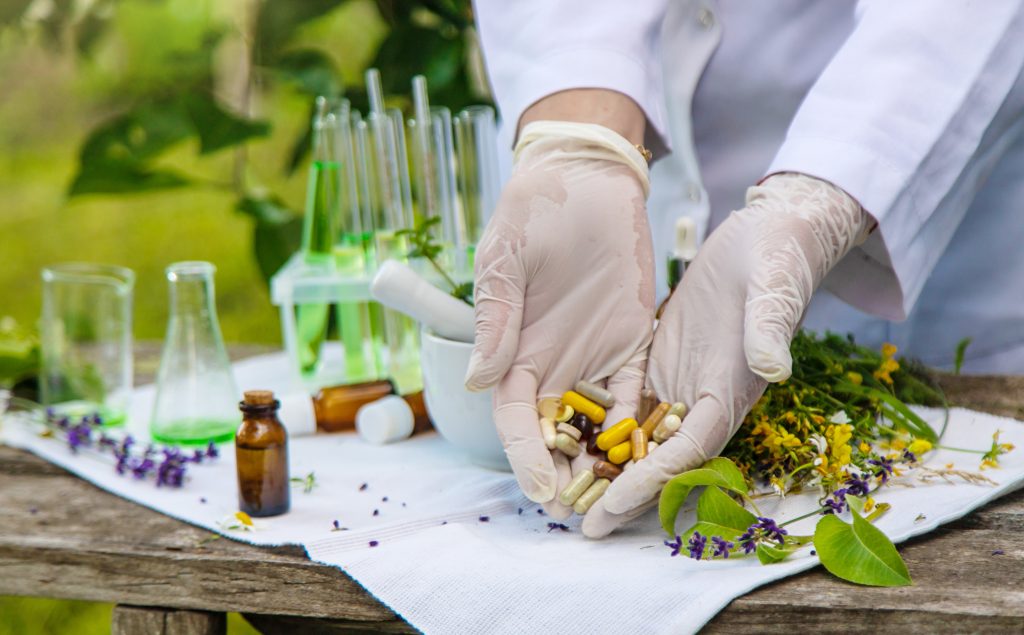
How Can I Reduce Blood Sugar Naturally?
Blood sugar dysregulation can stem from a multitude of factors including genetics, lifestyle, and health conditions, so a one-size-fits-all treatment is not appropriate or effective. Management plans should be personalised, taking into account an individual’s medical history, body weight, sleep patterns, sex and stress hormones, diet, and level of physical activity.
Functional medicine takes each patient’s full health history into account for blood sugar management, which may include addressing nutrient deficiencies, gut health, hormone imbalances, and sources of inflammation. The goal is to improve metabolic function and restore glucose balance with personalised interventions, which could include anything from dietary changes and lifestyle adjustments, to supplements to support glucose metabolism.
Herbs to Lower Blood Sugar Levels in Men
Some herbs have amazing capacity to help control blood sugar. In fact, a drug commonly prescribed for diabetes is actually based on the chemical structure of a herb called Galega officinalis (commonly known as goats rue). Herbs can moderate the endocrine system in different ways, and I prescribe based on the pathology of a patient, which tells a different story and reveals a different cause for everyone.
Herbs can:
- Reduce carbohydrate absorption
- Stimulate cells to take in glucose to reduce sugar levels, or
- Support and regenerate the cells of the pancreas where insulin is produced.
Nutrient therapy is also valuable and you can read about some of my clinical favourites for high glucose in my article here. However, it’s essential to remember to always talk to a healthcare professional before you start using herbs- there can be interactions with medications, side effects and health conditions. An expert qualified in clinical herbalism can ensure your dosage and combination is suitable and effective- which will save you time and money.
Let’s take a look at some of the herbs I use in my practice to bring glucose back into target range.
Galega officinalis: Enhancing Glucose Metabolism
Galega officinalis, often called goat’s rue, is a hypoglycaemic herb- it has ability to lower both basal (long-acting) and postprandial (after meals) blood glucose. Galega is an all-rounder herb. It has so many different actions that much more research is needed, but so far studies show the herb can:
- Reduce blood sugar levels by up to 63%
- Restore pancreatic cells: Can increase the number of cells in the pancreas (which means more insulin and lower blood glucose!)
- Immunocorrective: Galega supports the restoration of immune cells damaged in diabetes mellitus.
- Reduces glucose production in the liver.
- Supports weight loss: Studies show Galega can reduce weight, which can improve insulin sensitivity and glucose control.
While these preliminary results are promising, please remember that individual responses to herbal remedies will vary- particularly if non-standardised herbs are used.
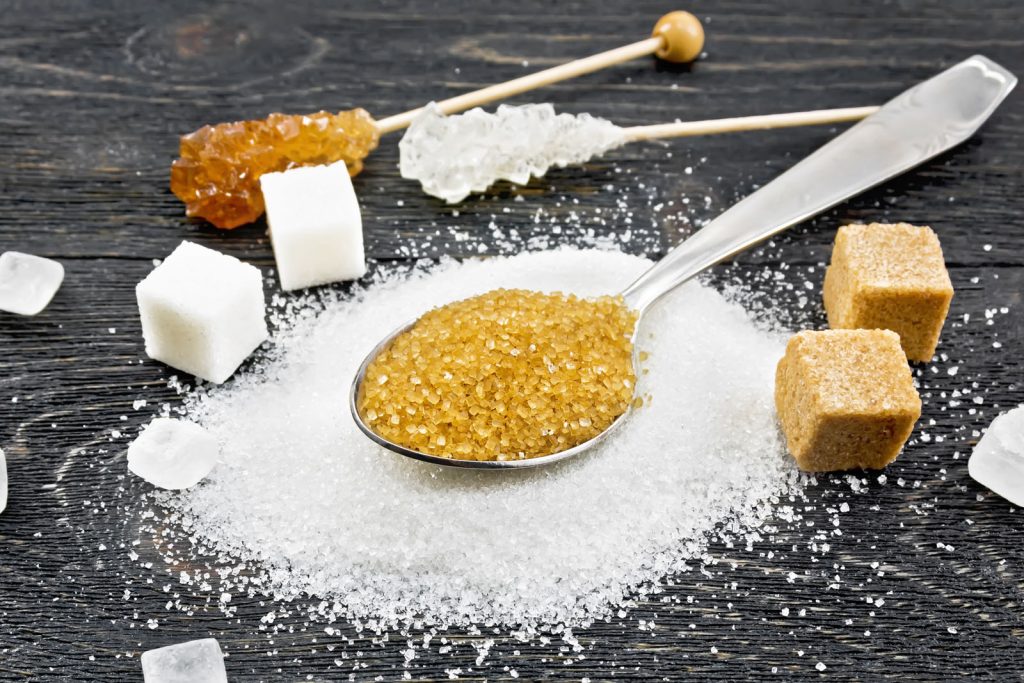
Gymnema: Reducing Sugar Cravings
Gymnema sylvestre contains substances called gymnemic acids. Gymnemic acids can block sugar receptors on your tongue for a short time which makes sugary foods and drinks taste less sweet. As a result, people MAY eat fewer sweets which could lead to better blood sugar control although the “habit” part of your diet would also need to be addressed!
Here are some other research highlights supporting the use of Gymnema for glucose management:
- A systematic review found Gymnema helps lower fasting blood sugar levels. The study demonstrated that Gymnema can reduce both fasting and post-meal blood sugar. One study within this review saw a 50% drop in insulin when using the herb with type-1 diabetes patients- a significant effect!
- Gymnema improves insulin production. Studies show that gymnemic acids can increase the number of pancreatic β-cells and improve their function and level of insulin production which helps cells absorb glucose more efficiently.
- In people with type 2 diabetes, Gymnema can lower a blood glucose marker called HbA1c, which measures blood sugar levels over a 3-month period.
This makes Gymnema an amazing herb for both type 1 and type 2 diabetes. However, I DO NOT recommend anyone using this herb in conjunction with any other diabetic medications without qualified supervision.
Fenugreek: Natural Ways To Reduce Blood Sugar
Fenugreek is a herb that people have used in traditional medicine for a long time. It contains fibre, amino acids, and saponins. These compounds are believed to help control blood sugar levels.
Fenugreek has many blood glucose-lowering properties, including:
- Slowing glucose absorption: The dietary fibre in fenugreek seeds may slow down how fast sugar is absorbed in the digestive system. This can keep blood glucose levels from rising too quickly after a meal.
- Stimulating insulin secretion: Some studies show that fenugreek may help the pancreas release more insulin.
- Improving insulin sensitivity: Fenugreek could make cells more responsive to insulin, enabling improved uptake of glucose.
A recent systematic review found that fenugreek can help reduce both fasting blood sugar and long-term blood sugar (HbA1c). In another study from this review, fenugreek improved insulin sensitivity and reduced insulin resistance.
While we need more research, these results suggest that fenugreek could be a good addition for those wanting to control blood glucose levels naturally. Fenugreek should only be taken under professional supervision as it may also increase the risk of bleeding when taken with blood thinners, and can also enhance other blood sugar medications.
Nigella Sativa: Glycemic Control & Insulin Sensitivity
Another herb I use in clinic is Nigella sativa. Research shows that Nigella can help with insulin sensitivity. By boosting insulin sensitivity, Nigella supports glucose uptake, which subsequently reduces blood sugar levels. This is great herb for insulin resistance! Nigella also has antioxidant properties that may help reduce the cellular damage caused by diabetes and elevated blood sugar.
Many studies have looked into the effects of Nigella on glucose levels. It has an array of metabolic actions, making its exact mechanism difficult to substantiate.
- One study showed that Nigella significantly improves lab measures of diabetic patients, including a reduction in fasting glucose, postprandial glucose, glycated haemoglobin, and insulin resistance, and also increased serum insulin.
- Another study showed Nigella could help alongside regular diabetes treatments. The combination improved diabetic measures when combined with an oral anti-diabetic drug.
Once again, due to the herbs effectiveness, I don’t recommend it in conjunction with any other diabetic medications or without qualified supervision.
How Can I Lower Blood Pressure Naturally? Sources of Potassium
Here are some great natural sources of potassium:
- Fruits: Bananas, apricots, cantaloupe, oranges, kiwi, prunes, and dried fruits like raisins and dates are all good options.
- Vegetables: Focus on leafy greens like spinach and kale. You should also include potatoes (especially with the skin), sweet potatoes, tomatoes, and avocado.
- Dairy Products: Choose low-fat milk, yogurt, and kefir to keep a balanced diet.
- Other Sources: Beans and lentils, unsalted nuts and seeds, plus fish like salmon and tuna are also great. Don’t forget whole grains like brown rice and quinoa to increase your potassium intake.
Keep in mind, eating a variety of fresh, whole foods is important for your potassium levels and overall health.
Mormordica: A Herb to Lower Blood Sugar
Mormordica charantia is known as bitter melon. This fruit has a strong bitter taste, and can help
lower blood glucose levels.
Bitter melon contains compounds charantin, vicine, and polypeptide-p which are credited with anti-diabetic and hypoglycaemic actions. Bitter melon acts like a “plant-based insulin” and studies show that it can help repair pancreatic beta cells, induce insulin production and improve insulin resistance.
Clinical Trials Involving Bitter Melon
Many clinical trials have looked into how well bitter melon works for controlling blood sugar.
- A meta-analysis involving eight studies found that bitter melon significantly lowered fasting blood glucose, postprandial glucose, and HbA1c levels in people with type 2 diabetes. It also reduced total cholesterol.
- Another study showed similar benefits, with reductions in fasting plasma glucose, postprandial glucose, and HbA1c.
Bitter melon can have adverse effects including digestive disturbances, and it may interact with other medications. Therefore, i’s important to talk to a healthcare professional before adding bitter melon to a diabetes care plan, particularly for anyone taking medicines to lower blood sugar.
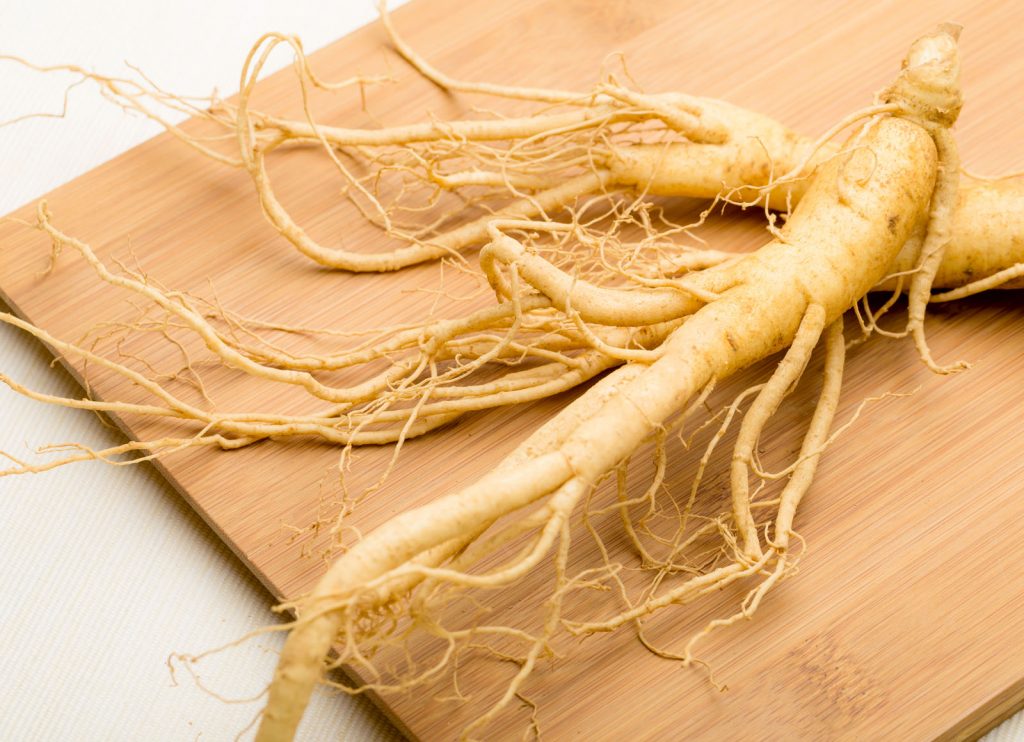
Panax Ginseng for Insulin Insufficiency
Panax ginseng (also called Korean ginseng) contains ginsenosides, which are special compounds with many health benefits. Now, there is growing scientific interest in its promise for blood sugar management.
- Research shows that Panax ginseng and ginsenosides can boost beta cell function and insulin sensitivity. These effects are particularly important for men with insulin resistance or insulin insufficiency, making Panax ginseng a great natural addition to standard diabetes care.
- A meta-analysis of various trials found that taking ginseng led to decreased fasting blood glucose and HbA1c levels in diabetic patients.
- Another recent study found Panax supplementation reduced fasting glucose levels and decreased insulin resistance.
It is important to remember that people may react differently to ginseng- and there are many species with differing effects. Panax is contraindicated in anyone with anxiety. It is always best to talk to a healthcare professional before adding ginseng to a diabetes treatment plan.
Cinnamon: The Hypoglycaemic Spice
Cinnamon or Cinnamomum comes from the bark of Cinnamomum trees. People around the world use it in cooking, but cinnamon also has many health benefits- especially in blood sugar control. One important compound in cinnamon is cinnamaldehyde which helps control blood sugar levels.
Investigating Cinnamon's for Pre-Diabetes and Diabetes
Research suggests that cinnamon may improve insulin sensitivity.
- Studies have shown that cinnamon can significantly lower fasting blood sugar, HbA1c, and reduce insulin resistance.
- Another study demonstrated that Cinnamomum extract can lower glucose, insulin and cholesterol compared to placebo.
- Cinnamon can lower fasting blood glucose levels in people with type 2 diabetes and reduce blood sugar spikes after meals in individuals with pre-diabetes.
Overall, cinnamon is usually well tolerated, but because it contains coumarin, it could potentially cause liver issues if taken in large amounts. There are many types of cinnamon, and not all of them are effective for reducing blood sugar. It’s also important to be cautious if using Cinnamomum alongside other medications that lower blood sugar or affect the liver.

Lifestyle Modifications: More Natural Ways to Lower Blood Sugar
While herbal remedies can help manage blood sugar levels, changing your lifestyle is also very important.
Diet and exercise play a key role in managing blood sugar. A diet full of fibre, lean protein, and healthy fats is recommended. You can read more about my recommendations for the best diets for high blood sugar here. It’s also important to limit processed foods and sugary drinks for healthy blood sugar levels.
Studies also show that adding regular exercise to your daily life can improve insulin sensitivity, and reduce insulin resistance and inflammation. This helps your muscles take in and use glucose more effectively, thereby lowering your blood glucose levels. I recommend that all of my patients try to get at least 150 minutes of moderate exercise, or 75 minutes of vigorous exercise every week.
Stress Management and Glucose Metabolism
Stress is a normal part of life, but it can greatly affect blood sugar levels. When we are stressed, our body releases hormones like cortisol, which causes blood glucose levels to rise. If stress is ongoing, and blood sugar levels remain high over time, it increases your risk of pre diabetes and type 2 diabetes.
To help reduce stress, you could try yoga, meditation, or deep breathing exercises. Research shows that these relaxation techniques can improve glucose metabolism and help with blood sugar regulation.
Conclusion
Maintaining balanced blood sugar is crucial for men’s health, not just for preventing diabetes but for overall well-being. While diet and exercise play foundational roles, these herbs can offer natural glucose control support. From Galega officinalis to Bitter Melon, these botanicals have demonstrated their ability to lower blood sugar, enhance insulin function, and even repair pancreatic cells.
However, no single herb is a magic fix. True blood sugar balance comes from an integrative approach- one that considers diet, lifestyle, stress, and underlying metabolic factors. Before adding any herbs to your routine, consult a qualified health professional to ensure safe and
effective use. With the right strategy, you can take control of your blood sugar and improve your overall health.
Frequently Asked Questions
Can herbal remedies replace conventional diabetes medication?
Herbal remedies should not replace your prescribed diabetes medications. It’s very important to talk to your doctor about managing diabetes mellitus and always discuss using herbal supplements with your doctor. This is particularly important if you are dealing with other chronic diseases and treatments.
What is the best diet to reduce blood sugar?
Removing excess sugar from your diet is the obvious first step- although it can be a minefield as food manufacturers hide it in places that you wouldn’t expect- even bread! You can read more about my recommendations for the best diet for high blood sugar, and the best foods to reduce blood sugar in my articles if you press on the links. We discuss low GI foods, and paleo, keto and low carb diets.
How can I prevent diabetes naturally?
The best option is seeing a naturopath or functional medicine practitioner. Nutritionists don’t generally have experience with herbs, which can be really valuable when dealing with pre diabetes and insulin resistance.






